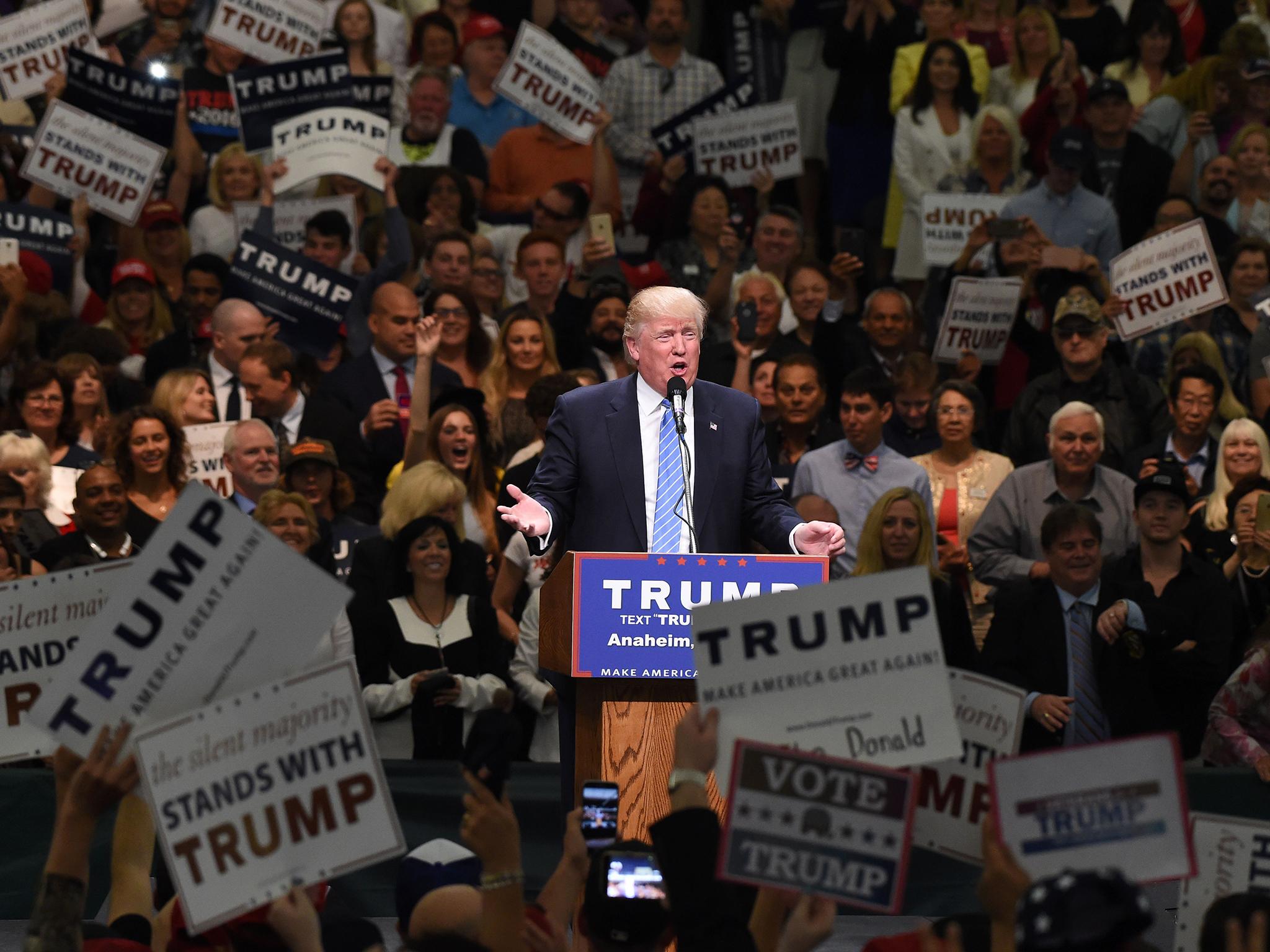This is how Donald Trump is affecting the world money markets
What really matters is whether the US continues to be a growing and successful economy over the next four years – and one that manages to share the fruits of that growth a bit more evenly too


What will Donald Trump do for the world of money? The truth is no one knows. The confusion of the financial markets since he became President-elect demonstrates that.
It was widely expected that were he to win, US shares would plunge. They have soared. But all that could be swiftly reversed. His big-business-friendly approach would, on the face of it, help corporate America. But his bash-foreign-trade one would do quite the reverse.
We can see specific policies that might help individual industries; for example, construction benefiting from increased spending on infrastructure. If those high-tech companies that have stashed cash abroad are forced to bring it back onshore, that would hit that sector. And one of his interventions, a tweet calling for work to stop on the special 747 fleet for the President, knocked the shares of Boeing.
But this is the minor detail. What really will matter is whether the US continues to be a growing and successful economy over the next four years, and one that manages to share the fruits of that growth a bit more evenly.
There has, since the election, been one sign that the markets think that the former objective, at least, might be attained, and that is what has happened to US bond prices. They have fallen sharply – or, put round the other way, the interest on them has risen. The 10-year yield is now 2.35 per cent, up more than half a percentage point in the last month. That is still low by historical standards, but it is more normal than, say, the equivalent yield on German bunds, which yesterday was 0.3 per cent. (The five-year yield on bunds, by the way, was minus 0.4 per cent.)
You can interpret this in a number of ways. One is that it is a response to Trump’s promise to spend more on infrastructure. Building things costs a lot and has to be financed, hence more private sector borrowing. Insofar as the Federal government is involved, that means more public sector borrowing. It follows that rates should rise.
A second way of looking at this is to see it as part of the US recovery. Just as America led the world into recession, it has also pulled it (or at least most of it) out. Next week the Federal Reserve Board will almost certainly vote for an increase in interest rates, and there is a widespread expectation of further rises next year. (The European Central Bank, by contrast, still has to keep interest rates flat on the floor.) Put at its lowest, US Inc has become comfortable with the idea that, whatever people think of the new President himself, his administration will not do anything that mucks the recovery up.
The third way is to see what is happening as part of the global economic cycle. Normal cycles – if normal is the right word to describe the perplexing phenomenon where periods of growth are followed by periodic recessions – seem to last a bit less than 10 years. There are seven or eight years of growth followed by one or even two of contraction. But the last recession was exceptionally deep and the recovery, even in the US, unusually protracted. So maybe this recovery can carry on for longer, perhaps for the next four years of the Trump presidency.
Seen in this light, the market is not so much responding to Trump but rather doing what it probably would have done anyway: realising that there are few more years of decent growth ahead.
You could say all this is unfair to President Obama. His legacy has been to help engineer a decent recovery, given where he started from. But this was not enough to convince Americans that the country was indeed great already and did not need an upheaval such as promised by Donald Trump. The trouble, of course, was that the fruits of the recovery were not adequately shared.
Once you say that, you get into the great economic debate of our times: what should be done about inequality in the mature developed world?
What is surely worth celebrating, though, is that the US has achieved a secure recovery. That recovery is inherited by the new President. The fact that US share markets have hit new highs is a tribute to President Obama, not a guess about the potential of his successor.


Join our commenting forum
Join thought-provoking conversations, follow other Independent readers and see their replies